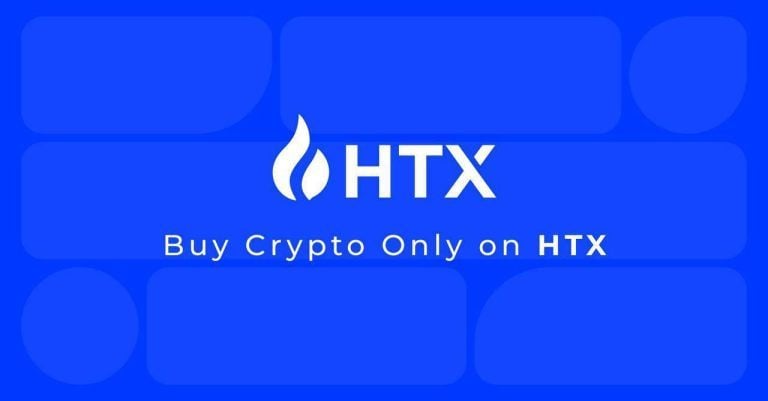A governance proposal floated by the Aave community centered around the platform’s code licensing ended on Tuesday, with 55% voting for the ecosystem to apply for a ‘business license.’
“This vote is essentially a signal on whether or not the Aave community wants to protect its Intellectual Property from unauthorized use, or simply allow anyone to use the code in any way they prefer,” the proposal’s pseudonymous author explained.
DeFi-centric funds like Singapore-based DeFiance Capital called it one of the most important proposals in the Aave ecosystem. “This has been one of the most important, if not the most important proposal on Aave,” said Goh Yeou Jie, who oversees portfolio growth at the fund.
The proposal was part of Aave’s broader 3 release strategy, one that introduces additional features such as cross-chain transactions, improved risk mechanisms, a better codebase for community contribution, and added mechanism to promote usage of layer 2 products (layer 2s are scaling solutions or implementations that run atop a primary blockchain).
Aave, one of the so-termed ‘blue chip DeFi’ cryptocurrencies, is an Ethereum-based, open-source protocol allowing users to earn interest on deposits, borrow assets, and take out zero-collateral loans. It relies on smart contracts that automate protocol services like other Decentralized Finance (DeFi) protocols.
Aave’s decentralized nature means aave token holders can propose further improvements, integrations, and partnerships on its governance forums — with proposals passed based on majority votes which are calculated on the amount of aave tokens used to place those votes.
Why the Vote Matters?
The proposal offered the community two major choices for voting: 1. A legal business license that restricts others from using Aave’s code — despite it being ‘open-source,’ which essentially means anyone is allowed to use Aave’s code for themselves — until a period of one year, or 2. A Massachusetts Institute of Technology (MIT) License, a permissive free software license originating at MIT that puts limited restrictions on code reuse.
A business license would mean any project or developer that uses Aave’s code for their project would have to take permission from a legal entity that would be set up to control such decisions. An MIT License, on the other hand, would have meant little in the way of such restrictions. A majority chose the former.
55.44% of the community voted for Aave to have a business license, representing over 387,000 aave in vote stakes. An address called ‘defimaximalist.eth’ emerged as the top voter, putting up 191,000 aave tokens to vote for the business license option.
“Having a business license (similar to Uniswap V3) initially will help to prevent a fork for the time being, and we suggest a 2 to 3 years delay for it to transition to an MIT license. This will give Aave more time to build their ecosystem further,” explained DeFiance’s Goh Yeou Jie in a tweet. The fund voted for the business license option.
44.48% of holders went with the MIT License option. Address ‘0xc4a936B003BC223DF757B35Ee52f6Da66B062935′ was top voter for this option with a stake of 100,000 aave tokens.
The remaining, a paltry 0.29% of votes, went with the third option, an (A)GPL License that allows users to distribute, run, study, and share free software.
Meanwhile, some on Crypto Twitter expressed dismay over the outcome. “Really sad about the outcome and last minute vote,” said Lefteris Karapetsas, founder of portfolio tracking service Rotki. “Who is defimaximalist.eth? Seems like quite a big whale of lots of protocols. Also seems to have done OTC business with 3AC.”




